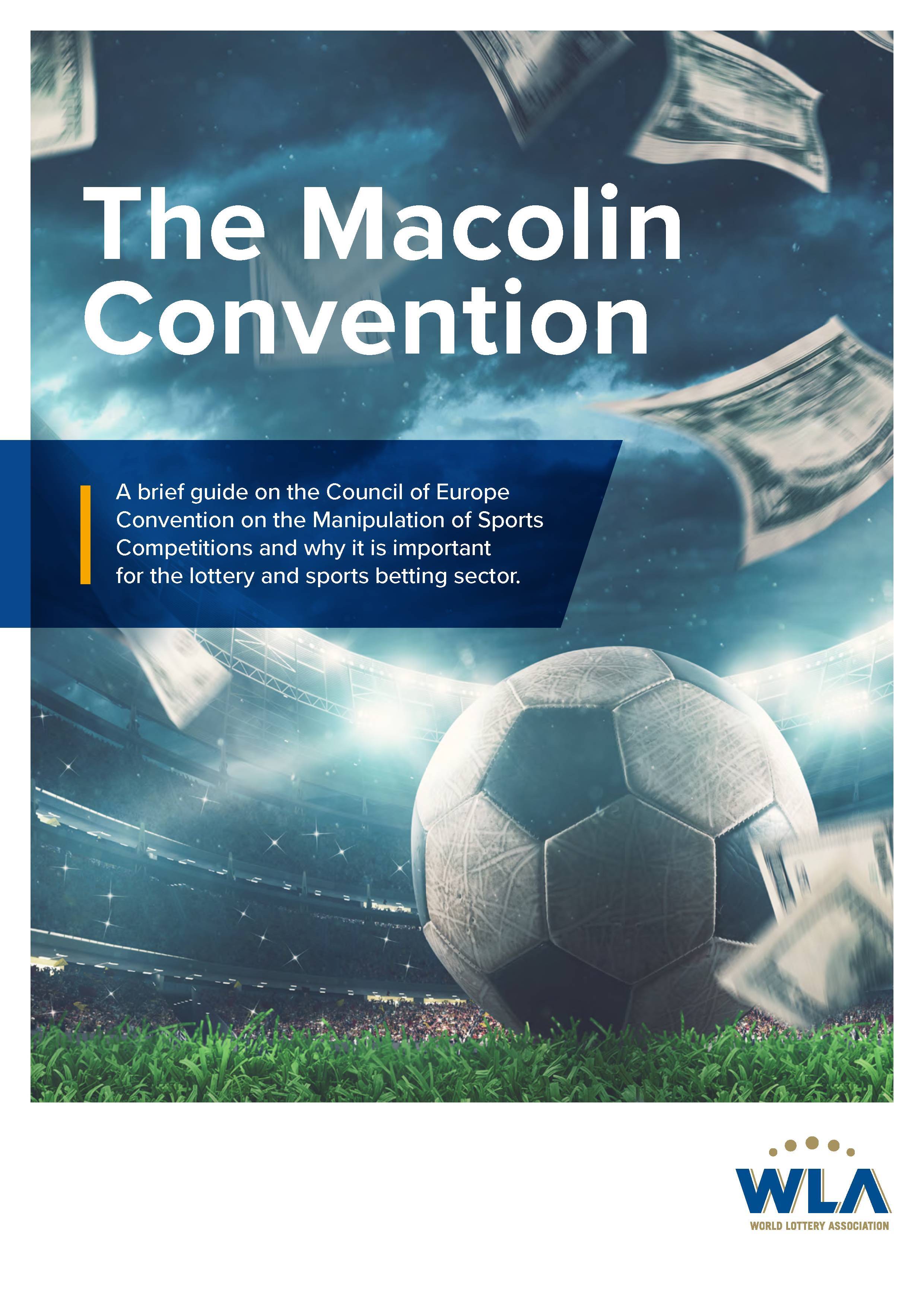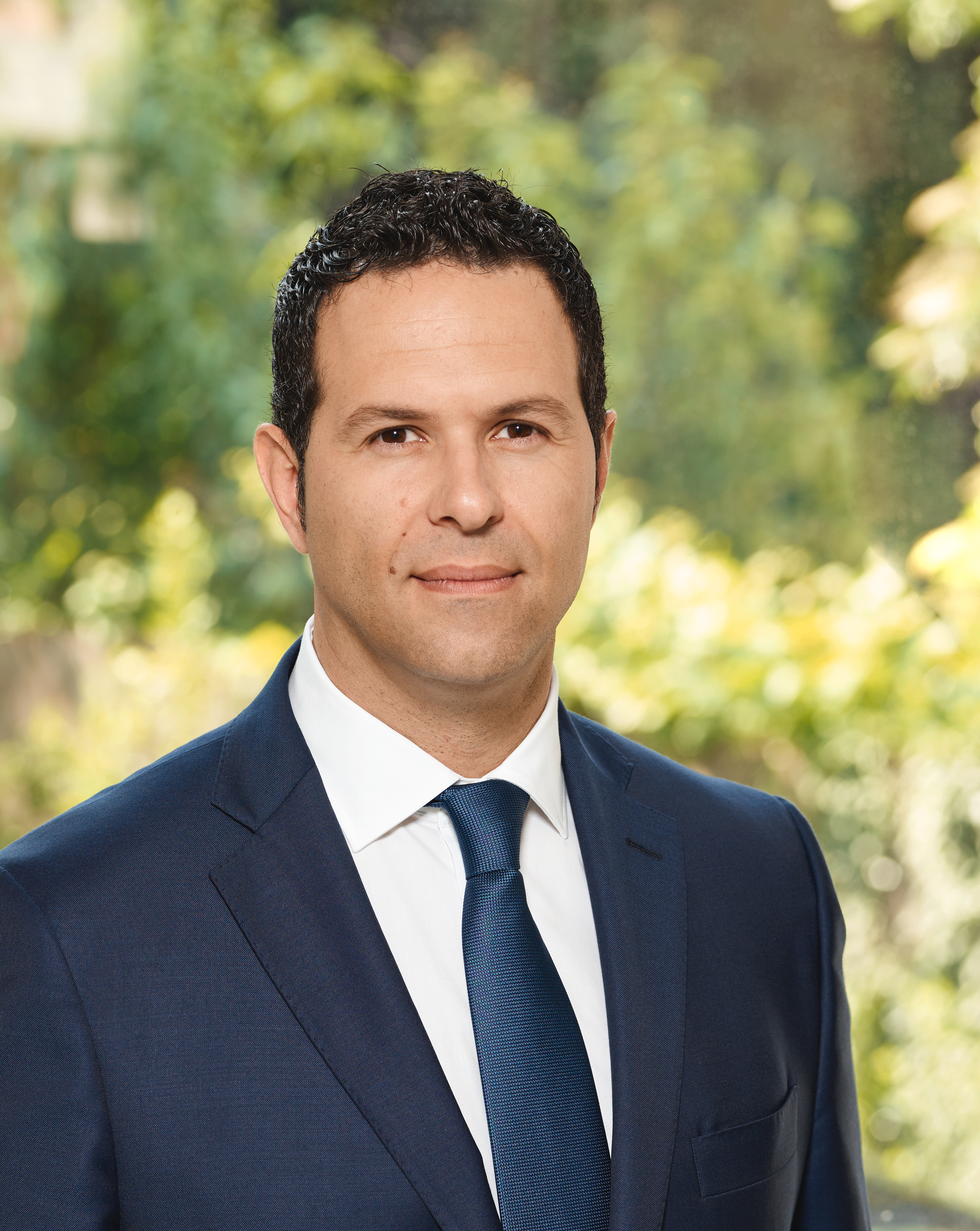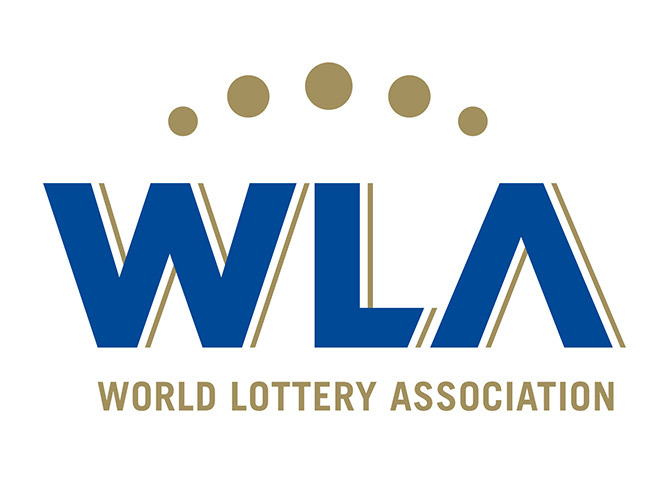
The WLA guide to the Macolin Convention
The Council of Europe Secretariat interviewed WLA Secretary General Luca Esposito to understand what challenges competition manipulation poses to the lottery and sports betting sector, why the Macolin Convention is significant to national lotteries and what role national lotteries could play in addressing competition manipulation.
Challenges/threats:
What challenges or threats does competition manipulation pose to sports betting players?
There is a clear link between the manipulation of sports competition and illegal betting. Illegal betting websites often operate as a means of laundering money that was gained from competition manipulation and other illegal activities. Responsible gaming measures are of little concern for the operators of illegal betting sites, nor do they respect the data protection laws in any country where they operate. As such, they have no regard for the safety and well-being of their players. And, while illegal betting websites offer enticing odds and attractive payout rates, there is little guarantee that players will actually receive their payout.
The transnational nature of the manipulation of sports competitions, and the increasingly online dimension of illegal sports betting makes it harder to stamp out and easy for such sites to proliferate. Added to this, different jurisdictions have different regulations around what type of gaming is legal and what is not. For these reasons, players may not realize that they are on an illegal betting site.
Increasingly, illegal betting facilitates money laundering which is linked to diverse criminal activities. The United Nations Office on Drugs and Crime (UNODC) estimates that up to USD 140 billion is laundered through sports betting every year and that the amount wagered on illegal betting markets is between USD 340 billion and USD 1.7 trillion.
What are the threats posed to the lottery and sports betting sector?
The reputations of the lottery and sports betting sector and of the world of sports are gravely threatened by illegal betting and the related manipulation of sports competitions. Thus, together they must ensure the integrity of sports is built upon fair, honest, and transparent competitions and provide betting services and products that are legal, safe, secure, and entertaining for all.
The illegal sports betting industry is vast, complex, and increasingly transnational. Different jurisdictions have different regulations for different types of gaming. In some countries, online sports betting is illegal or only allowed if properly licensed and regulated.
However, rapid digitalization has meant that online sports betting operators may offer products and services in a jurisdiction in which they are not licensed. Tracing and halting such operators, requires a lot of time, resources, and cooperation between stakeholders in the different jurisdictions.
Illegal operators do not adhere to regulations, which means that they avoid taxation and do not contribute to society through the support of good causes. They do not follow best practices, nor do they take measures to ensure the protection of their players through proper responsible gaming measures.
Additionally, such operators disregard Know Your Customer (KYC) processes, such as checking the age and identity of players, who may be underage or criminals attempting to launder money from illegal activities. The advent of cryptocurrency payments, which many such operators accept, provide the player with almost instant payment and anonymity, while saving the operators processing fees and time.
Illegal operators thus, have less overhead than legal ones and can offer more exciting products with better payout rates. They thereby undercut legal operators in the jurisdictions where they operate, taking revenue that would normally go to support worthy causes.
According to the 2021 edition of the WLA Global Lottery Data Compendium (GLDC), total revenues for WLA member lotteries amounted to USD 284.3 billion in 2020, while in the same year, the total of funds returned to society came to USD 74.9 billion, demonstrating the key role that such funds play in supporting good causes.
The Macolin Convention’s solutions:
What measures does the Macolin Convention provide to help address the problem of sports competition manipulation?
The scale and transnational nature of the manipulation of sports competitions requires global action. The Macolin Convention offers a clear definition of illegal betting and establishes a robust international framework for the cooperation of all relevant stakeholders in the fight against sports competition manipulation. Among these stakeholders are: Governmental representatives and regulatory bodies, national and international law enforcement agencies and judiciaries, gaming regulators, national and international sports federations, and the lottery and sports betting sector.
Parties to the Macolin Convention have to set up a National Platform, which is designed to carry out the following essential activities in the fight against the manipulation of sports competitions and illegal sports betting: gathering and exchanging data and intelligence in a timely manner; promoting and coordinating awareness raising through educational and training programs; conducting research, identifying trends, and compiling data and intelligence.
Additionally, the Convention calls for authorities to take actions, within the applicable law of their respective jurisdictions. This could mean for instance closing down illegal betting operations or blocking access to their websites; blocking the financial flow between illegal sports betting operators and consumers; prohibiting illegal betting operations from advertising and requiring all betting organizations to operate lawfully.
The Convention also calls for sanctions to be taken against individuals or entities that commit criminal offences relating to the manipulation of sports competitions, the laundering of proceeds from such activities or the aiding and abetting of such activities. Punitive measures include but are not limited to monetary sanctions; deprivation of liberty; as well as confiscation and seizure. These measures are to be proportionate yet effectively dissuasive and in line with domestic law.
Why is the Macolin Convention significant to national lotteries?
As a guiding framework, the Macolin Convention provides each jurisdiction with the legislative means and practical tools necessary for addressing specific issues in the fight against the manipulation of sports competitions and illegal betting. This helps national lotteries operate with fewer risks, improve player safety, and address unfair competition effectively.
The benefit of national lotteries to society and sport:
How can national lotteries play a meaningful role in addressing the problem of sports competition manipulation?
National lotteries can play a significant role by appealing to their governments to ratify the Macolin Convention and to begin implementing the provision of the convention in their respective jurisdictions. One of the most important of these provisions is the establishment of a National Platform within their country. The National Platform is the foundation of the Macolin Convention and the basis of many of its other provisions.
By adhering to the provisions of the Macolin Convention and advocating for other members of the world lottery community to do so, national lotteries can share important data and intelligence with authorities and other stakeholders involved in the fight against sports competition manipulation and illegal sports betting. Particularly those lotteries that work with organizations such as the Global Lottery Monitoring System (GLMS).
GLMS is an international association of state lotteries that aims to protect the integrity and core values of sports from corruption, including the manipulation of sports competitions and illegal sports betting. It offers a global, systematic, surveillance framework to monitor sports betting for suspicious patterns and acts as an information hub dedicated to the prevention of match-fixing.
GLMS also plays a vital role in terms of awareness raising, education and prevention, and helps to bridge gaps between regulators, lotteries, law enforcement agencies, and sports organizations (FIFA, IOC, UEFA, etc.)
In order to further strengthen the multistakeholder fight against sports competition manipulation and illegal sports betting, national lotteries can provide data on illegal or suspicious betting, help run awareness campaigns, and become part of a multijurisdictional network of National Platforms to facilitate the transnational flow of information vital in the global fight against sports competition manipulation.
Luca Esposito

Luca Esposito holds a master’s degree in Computer Science and Telecommunication from the University of Calabria. He has been a technological consultant to various major global concerns, including Accenture and Cambridge Technology Partners.
He began his career in the lottery sector in 2009, when he joined IGT as Technology Director for central Europe. Here, he served the technological needs of gaming-industry clients in Switzerland, Germany, Belgium, and Luxembourg. In 2013, Luca was promoted to Country Manager for IGT, responsible for servicing the state lotteries of Switzerland, Belgium, and Luxembourg.
Recognized for his vast knowledge of lottery and gaming technology, and of the unique needs of the state-authorized lottery and betting sector, Luca was recruited by the World Lottery Association (WLA), where he has served as Executive Director since November 2018.
His deep understanding of sports betting and the issues around achieving sports integrity brought him an additional mandate. On January 1, 2022, Luca became General Secretary of the Global Lottery Monitoring System (GLMS). He now serves both the WLA and GLMS in parallel.








